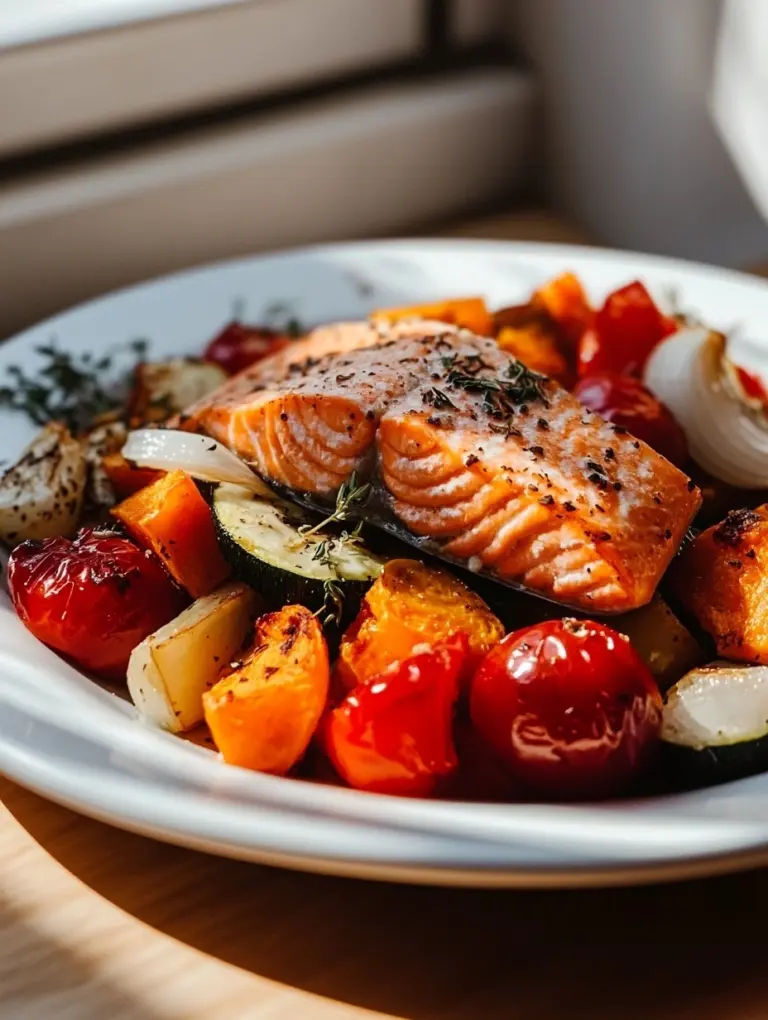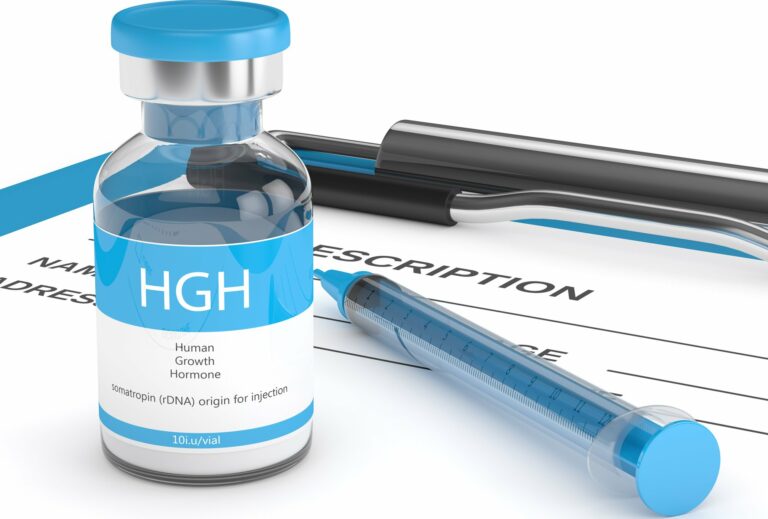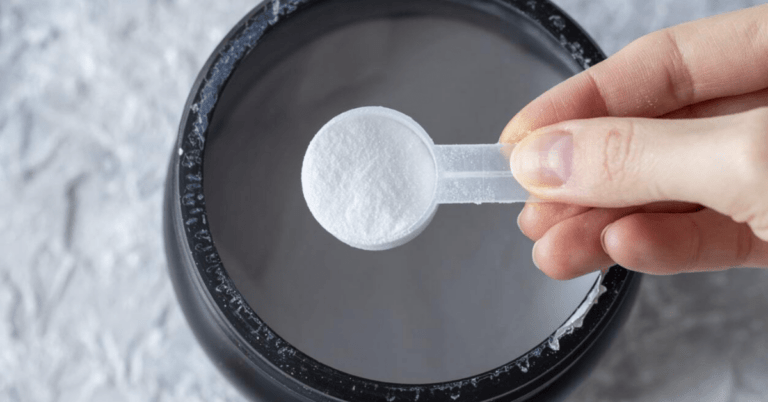Fuelling the fit – Vitamins for the Lean Machine
What Are Fat-Soluble Vitamins? Fat-soluble vitamins—namely vitamins A, D, E,…
What Are Fat-Soluble Vitamins?
Fat-soluble vitamins—namely vitamins A, D, E, and K—are a group of essential nutrients that differ from water-soluble vitamins in both their storage and absorption. Let’s break down what makes them unique:
Vitamins A, D, E, and K: The Essentials
- Vitamin A:
This vitamin plays a crucial role in vision, immune function, and skin health. It’s also involved in cellular growth and differentiation, making it essential for tissue repair and overall health. - Vitamin D:
Often called the “sunshine vitamin,” vitamin D is vital for calcium absorption and bone health. It also supports immune function and has been linked to improved muscle performance. - Vitamin E:
Known for its antioxidant properties, vitamin E protects cells from oxidative stress and helps maintain healthy skin and eyes. Its role in neutralizing free radicals is particularly important for athletes who put their bodies through intense physical stress. - Vitamin K:
This vitamin is essential for blood clotting and plays a role in maintaining bone density. It also contributes to cardiovascular health by preventing the calcification of arteries.
How They Work: Storage and Absorption
Unlike water-soluble vitamins, which travel freely in the bloodstream and are excreted when consumed in excess, fat-soluble vitamins are stored in your body’s fatty tissues and liver. This means that when you consume more than you need, these vitamins can accumulate—potentially reaching toxic levels if over-supplemented. On the flip side, if your intake is too low, especially if your body’s fat stores are minimal, you risk deficiencies that could compromise your performance and overall health.
The Lean Machine and Vitamin Dynamics
For athletes and bodybuilders who pride themselves on low body fat percentages, the interplay between fat-soluble vitamins and lean tissue becomes especially important. Here’s what you need to know:
Limited Storage Capacity
- Reduced Fat Reserves:
With lower body fat, you naturally have fewer “storage depots” for fat-soluble vitamins. While this may seem like a minor issue, it can become significant over time. Without adequate storage, even slight inconsistencies in your dietary intake can lead to periods where you’re not meeting your vitamin needs. - Potential for Deficiencies:
If you’re not consistently consuming the right amounts of vitamins A, D, E, and K, you might experience deficiencies that impact everything from immune function to muscle recovery. This is particularly critical for athletes, whose bodies are under constant stress and require these nutrients for optimal repair and performance.
Dietary Fat and Vitamin Absorption
- The Role of Dietary Fat:
Fat-soluble vitamins require the presence of dietary fat for optimal absorption. In a low-fat diet—common among those trying to maintain a very lean physique—this can become a challenge. Without enough fat in your meal, your body might not efficiently absorb these vitamins, even if they’re present in your food. - Balancing Macronutrients:
It’s a delicate balance: you want to keep body fat low for aesthetic and performance reasons, yet you also need enough dietary fat to ensure proper absorption of these critical vitamins. The key is to include healthy fats (like those found in avocados, nuts, and olive oil) in your meals, even if in moderate amounts.
Increased Nutrient Turnover
- Faster Metabolism Equals Faster Turnover:
Athletes often have a higher metabolic rate, which means that nutrients, including vitamins, are used up more quickly. For those with a lean physique, this increased turnover means that even small lapses in vitamin intake can have a more immediate impact on performance and recovery. - The Demands of Intense Training:
Intense workouts can elevate your body’s need for antioxidants and repair mechanisms. Vitamins like E and A, known for their roles in combating oxidative stress and supporting tissue repair, become even more crucial during these periods.
So, What’s an Athlete to Do?
Navigating the world of fat-soluble vitamins when you’re an ultra-lean athlete might seem like a balancing act, but with careful planning and attention, you can optimize your nutrient intake. Here are some practical strategies to ensure you’re fuelling your body properly.
Monitor Your Diet Consistently
- Track Your Intake:
Use a food diary or nutrition-tracking app to monitor your consumption of fat-soluble vitamins. Knowing how much vitamin A, D, E, and K you’re getting can help you identify any gaps in your diet. - Focus on Whole Foods:
Incorporate a variety of nutrient-dense foods in your meals. For example, liver, dairy, eggs, and colourful vegetables are excellent sources of vitamin A; fatty fish, fortified foods, and sunshine exposure boost vitamin D; nuts and seeds offer vitamin E; and leafy greens and fermented foods are rich in vitamin K.
Embrace Healthy Fats in Moderation
- Don’t Shy Away from Fats:
Even if you’re cutting body fat, include sources of healthy fats in your diet. Avocados, olive oil, fatty fish, and nuts not only aid in the absorption of fat-soluble vitamins but also provide essential energy and support cardiovascular health. - Balanced Macronutrient Approach:
Instead of a no-fat diet, aim for a balanced approach where your meals include moderate amounts of high-quality fats. This can help ensure that you’re absorbing the vitamins you need without compromising your lean physique.
Regular Health Check-Ins
- Professional Guidance:
If you have concerns about your vitamin levels, consider regular blood tests to monitor your nutrient status. This is particularly important if you have conditions that might affect fat absorption, such as Crohn’s disease or other gastrointestinal issues. - Consult with a Nutrition Expert:
A sports nutritionist or dietitian can provide personalized advice based on your training regimen, body composition, and overall health. They can help tailor your diet to ensure that you’re meeting all of your nutritional needs.
Avoid Over-Supplementation
- Be Cautious with Supplements:
While it might be tempting to load up on supplements, especially if you’re worried about limited storage capacity, over-supplementation can be dangerous. Since fat-soluble vitamins can accumulate in your body, taking excessive amounts may lead to toxicity. - Stick to Recommended Doses:
Follow dosage guidelines carefully, and remember that more is not always better. Aim for a consistent, balanced intake that matches your body’s needs.
Listen to Your Body
- Notice the Signs:
Pay attention to how your body responds to your diet and training. Signs of vitamin deficiency—such as fatigue, poor recovery, or diminished immune function—should prompt you to reassess your nutrient intake. - Adjust as Needed:
If you notice any adverse effects or feel that your performance is suffering, consider revisiting your dietary strategy. Sometimes, even small tweaks can make a big difference in how you feel and perform.
Practical Tips for the Ultra-Lean Athlete
Integrating the right amount of fat-soluble vitamins into your diet when you’re working with minimal body fat doesn’t have to be complicated. Here are some additional practical tips to help you navigate this nutritional landscape:
Plan Ahead with Meal Prep
- Balanced Meals:
When preparing your meals, focus on including a good mix of proteins, carbohydrates, and healthy fats. This balanced approach ensures that your body gets the vitamins it needs in the right proportions. - Smart Snacking:
Keep snacks on hand that combine healthy fats with vitamin-rich foods. For example, a small handful of almonds paired with carrot sticks or a slice of avocado on whole-grain toast can be both delicious and nutritious.
Use Quality Supplements Wisely
- When Food Isn’t Enough:
If you’re struggling to meet your vitamin needs through food alone—perhaps due to dietary restrictions or intense training demands—a high-quality supplement might be necessary. Look for products that are third-party tested for purity and efficacy. - Don’t Rely Solely on Supplements:
Remember, supplements are meant to complement your diet, not replace it. Focus on whole foods first, and use supplements only as needed to fill in the gaps.
Consider Timing and Training Cycles
- Periodise Your Nutrition:
Just as you periodise your training, consider periodising your nutrition. There may be times—such as during intense training cycles or competition prep—when your vitamin needs are higher. Adjust your dietary intake accordingly during these periods. - Post-Workout Recovery:
After a heavy workout, your body is primed to absorb nutrients. Including a meal that contains healthy fats and a variety of vitamins can enhance recovery and replenish your stores.
The Role of Fat-Soluble Vitamins in Long-Term Performance
Understanding the dynamics of fat-soluble vitamins is not just about optimizing your current performance—it’s also about laying the foundation for long-term health and athletic longevity.
The Long-Term Benefits
- Bone Health and Injury Prevention:
Vitamins D and K are crucial for maintaining strong bones. For athletes, strong bones reduce the risk of stress fractures and other injuries, allowing you to train consistently over the years. - Immune Function and Recovery:
Vitamin A, along with other antioxidants like vitamin E, helps support your immune system. A robust immune system is vital for quick recovery and reducing downtime due to illness. - Skin and Tissue Repair:
Both vitamins A and E contribute to skin health and tissue repair—important for healing minor cuts, abrasions, or the strain that comes with intense training.
Avoiding the Pitfalls of Over-Supplementation
While deficiencies can hinder performance, it’s equally important to avoid the dangers of over-supplementation. Fat-soluble vitamins can accumulate in your body, and excessive levels can lead to toxic side effects. For example:
- Vitamin A Toxicity:
Excess vitamin A can cause headaches, joint pain, and even liver damage over time. - Vitamin D Overload:
Too much vitamin D may lead to hypercalcemia, which can result in kidney stones or other complications. - Balanced Intake:
The key is to strike a balance—ensuring consistent, adequate intake without going overboard. This is where periodic blood tests and consultations with a healthcare provider can be invaluable.
Final Thoughts: Nutrition as Your Secret Weapon
Whether you’re sculpting your physique for competition or simply pushing your personal limits, every rep, set, and mile counts. But remember, your performance isn’t determined solely by your workouts—it’s also shaped by the fuel you provide your body. Fat-soluble vitamins are an essential part of that equation, supporting everything from bone health and recovery to immune function and overall vitality.
For the ultra-lean athlete, where every gram of body fat is minimized, understanding the dynamics of these vitamins becomes even more critical. With limited storage capacity and the need for dietary fat to ensure proper absorption, it’s vital to monitor your intake and adjust your nutrition strategy accordingly.
By incorporating a variety of nutrient-dense foods, embracing healthy fats in moderation, and maintaining a disciplined dietary approach, you can ensure that your body gets the fat-soluble vitamins it needs to perform at its best. And remember, consistency is key. Whether through whole foods or carefully selected supplements, fuelling your body with the right nutrients is a long-term investment in your performance, recovery, and overall health.
As you plan your next meal or pre-workout snack, take a moment to consider these powerful nutrients. They might be stored in fat, but their impact on your lean, mean, athletic machine is anything but small.
Always consult with a healthcare or nutrition expert before making any drastic changes to your diet or supplement routine, especially if you have any underlying health conditions. With the right guidance and a well-rounded approach, you can harness the power of fat-soluble vitamins to support your athletic journey and keep pushing toward your goals.
Disclaimer: This blog post is crafted for informational purposes and isn’t an endorsement of any supplements. Consultation with professionals is vital when making health or athletic decisions.







